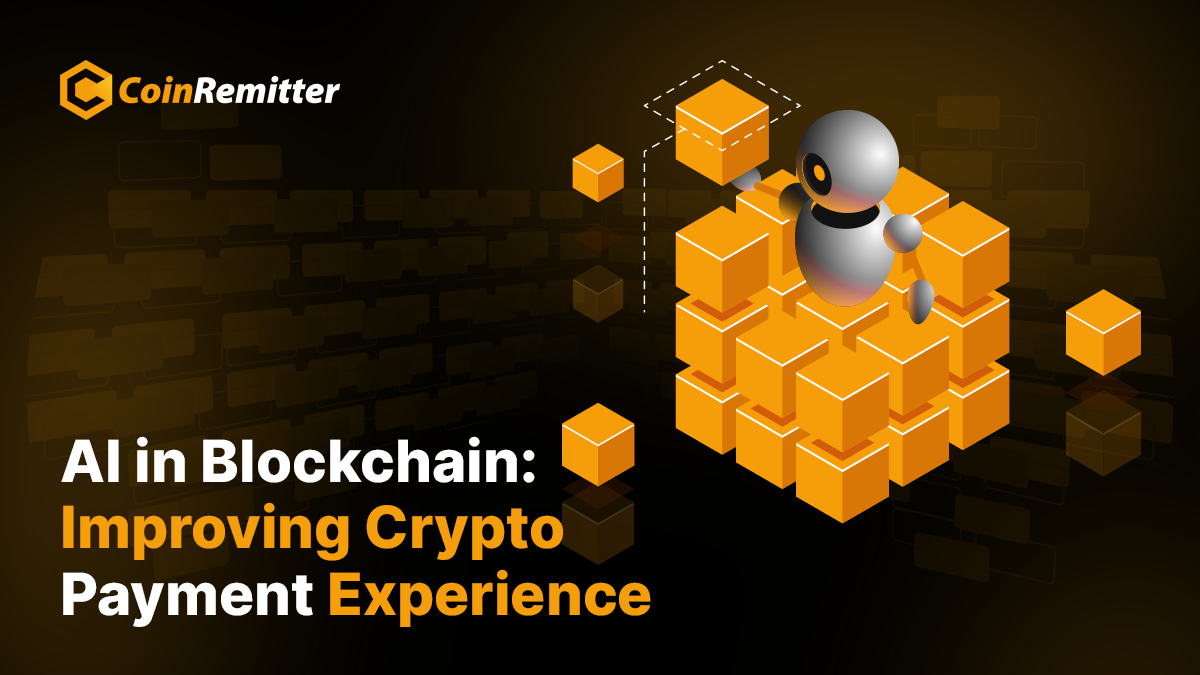Artificial Intelligence is undoubtedly capable of reducing human efforts by miles. It has numerous pros and some cons. Let’s ignore the cons, AI has some pros as well. Some factors related to cryptocurrencies are still making individuals accept them as payments. The combination of AI and blockchain may fix all the hesitance and make crypto payments look more reliable than now. Let’s see how AI in blockchain can affect and what factors can cause an improved experience of accepting crypto payments.
Enhanced Fraud Detection
AI algorithms are capable of analyzing a vast amount of transaction data. Fraud detection can be insanely quicker and 90% more accurate after the inclusion of AI in crypto payments. If AI tools come into this ecosystem, crypto payment gateways may use them to rely on quicker and more accurate fraud detection techniques that can reduce the risk of fraudulent activities compared to traditional or manual fraud detection methods.
- Blockchain interoperability with AI: Different blockchains communicating and sharing data is known as blockchain interoperability. Generally, blockchains are isolated, which is good for security purposes. However, isolation makes the interaction difficult. AI algorithms can simplify this. They can analyze data from multiple blockchains, understand their protocols, and find a shared ground for integration.
- The connection between different Blockchain networks: There are some reports of AI tools being developed to communicate two different blockchain networks. Such tools will ensure cross-chain integration without any friction. They can work as intermediaries and facilitate the exchange of assets, data, and even smart contracts across Blockchains. They ensure the successful validation of transactions regardless of the origin blockchain.
Such functionality can remove the barriers to owning or supporting cryptocurrencies for those who are dealing with crypto payments. For example, a consumer may pay using Bitcoin to a merchant accepting crypto payments in any other currency than Bitcoin.
[Also read: AI Can Solve Ethereum’s ‘Biggest Technical Risk’: Says Vitalik Buterin]
Automatic Trade Settlements
A pool of crypto assets locked in a smart contract on a DeFi platform is known as a liquidity pool. Trading can happen directly from the pool for smoother transactions. Purchasing tokens from a network at a lower price and selling them in another network at a higher price is called arbitrage.
The liquidity pool arbitrage bot consistently analyzes various liquidity for live price differences. The bot automatically buys an affordable asset from the pool and sells it to another pool for a higher price. It executes the trade when the price difference is larger than the transaction fee (in profitable opportunities only). This can eliminate the continuous human monitoring of different liquidity pools and automate profit earnings through trading.
Smart Contract Optimization
Artificial Intelligence can make the execution of smart contracts more efficient.
- Improved decision-making: AI can introduce more dynamic decision-making by analyzing external data feeds and real-time information, unlike traditional smart contracts that rely on pre-defined rules and conditions.
- Self-learning and adaptability: With the help of machine learning, smart contracts can learn from past interactions and adapt their behavior accordingly. This can lead to more efficient and secure execution over time.
- Improved monitoring: This can be important for transaction security. AI tools can monitor smart contracts, especially ongoing crypto payments. They can alert individuals or take any action if they find any unauthorized activity.
Conclusion
Analyzing the factors shown above and the role of AI in blockchain, we can say that it is going to improve the crypto payment experience. We can finally see cryptocurrencies fulfilling promises and individuals taking more interest in crypto utilization methods such as crypto payments, exchange, and more. Also, the introduction of such AI tools will make platforms like crypto payment gateways take more steps in the future, ensuring upcoming innovations.
